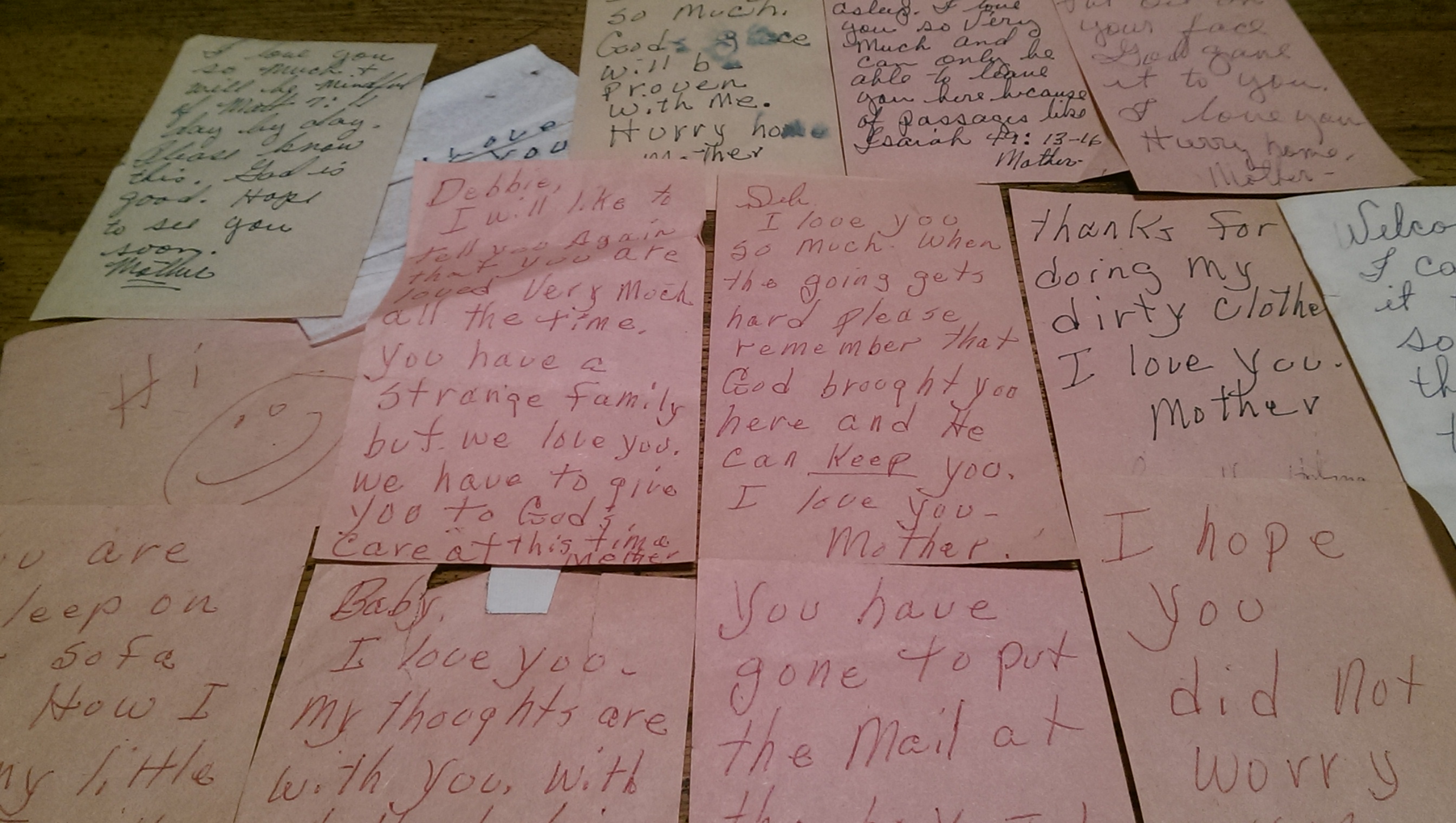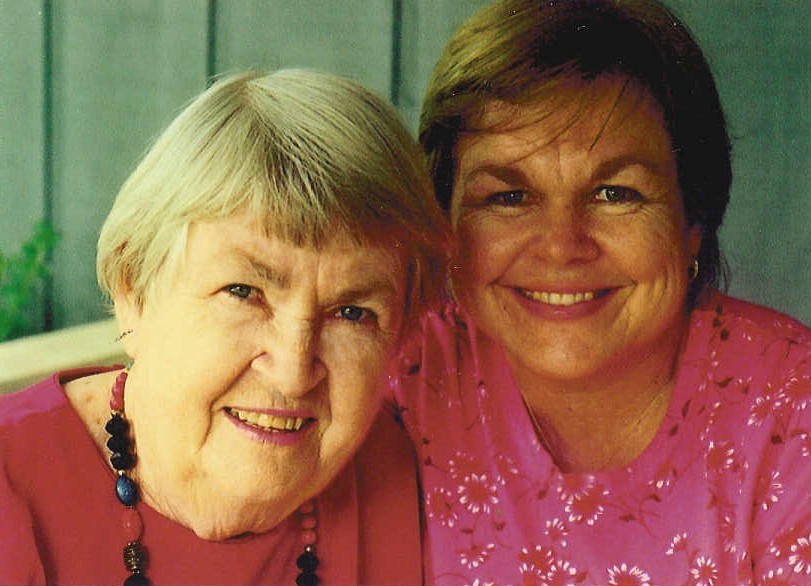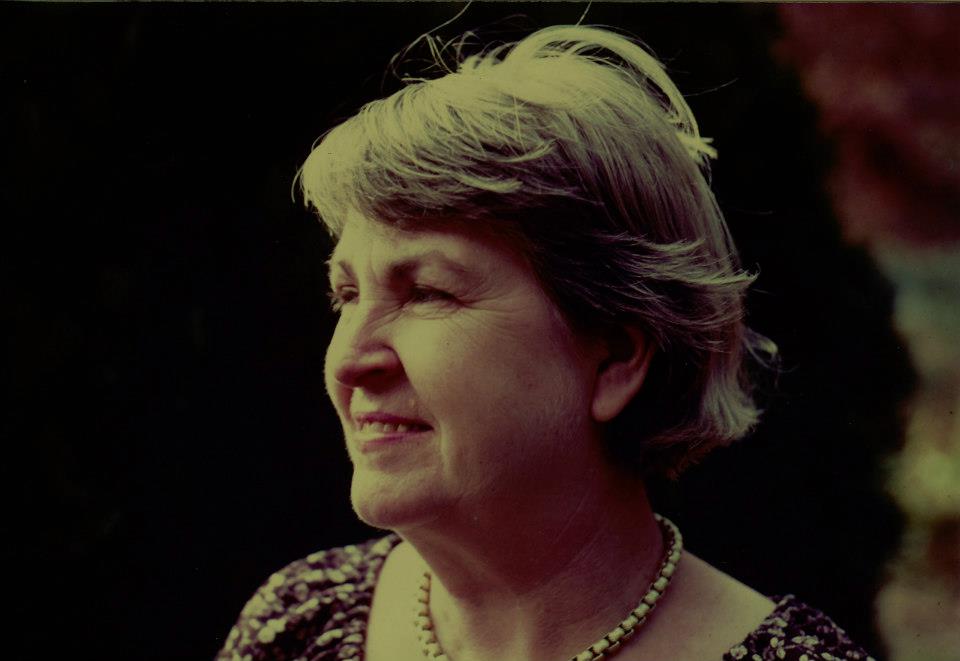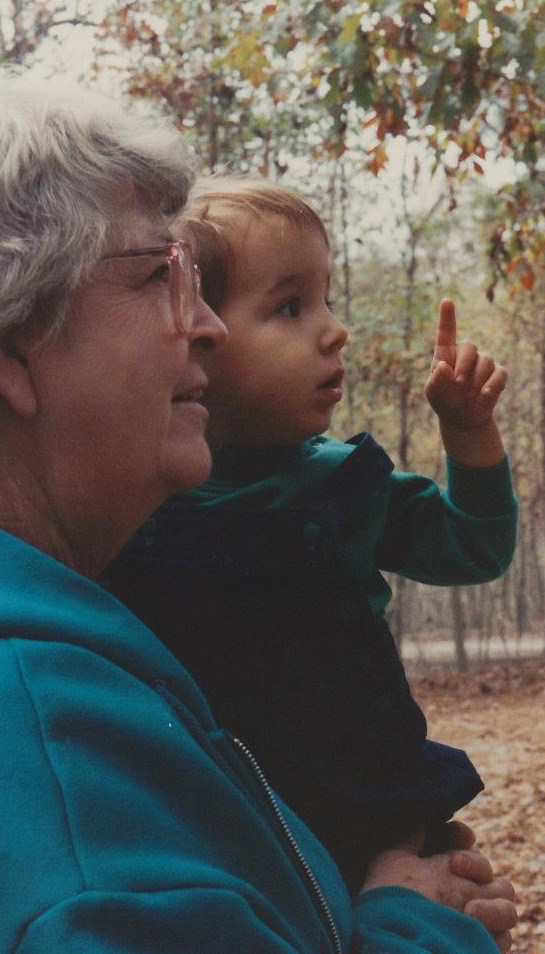
So much sorrow and grief in the world…if you clicked on this blog at all, with such a sober title, then you are facing what is true for you, and for all of us.
Take a moment more and let’s sit together over this. Or if you have 2-3 friends or family members you deeply trust, gather them for a talk that will begin the healing of both a current grief or a distant sorrow. Losses, whatever they are, endure in our minds and bodies. If we leave them unshared, we still attend to them, either by the work of keeping them buried or by numbing them with the aid of our idols or addictions.
“When I stopped trying to block my sadness and let it move me instead, it led me to a bridge with people on the other side.” … I learned that sadness does not sink a person; it is the energy a person spends trying to avoid sadness that does that.” – Barbara Brown Taylor
When you think about a sorrow, grief, or loss in your own life (current or past), what comes to mind? Something always comes. We are all experiencing a global sorrow in the war brewing in the Middle East. Here in my town, a young widow and an older one are daily finding their way forward through grief. For you, maybe it is a past loss of great import…or even one you think is only important to you. If it’s important to you, it matters to those who care about you. We self-edit and compare our sorrows, but they stay strong and real in our own life experience.
What can we do to heal the ache of these sadnesses? To refuse to isolate ourselves and our losses from community? To experience hope again?
Just today I came across the incredibly helpful series of podcasts on sorrow and grief by the therapist Adam Young.
Adam Young describes the four conditions needed to allow us to work with sorrow and grief:
- We own that our sorrows and griefs matter and should be taken seriously.
- We need to gradually move from a posture of contempt toward our sorrow and grief to a posture of compassion and kindness and welcome.
- We need to find a few people who can be the village for us… allowing us to risk sharing our sorrow and grief with other people.
- We need to move our bodies in a way that allows for the integration and release of our sorrow and grief. – Adam Young
We can be very hard on ourselves regarding our sorrow and grief, because somehow we think we should get over it or not care so much or ___________________________ (fill in the blank). Even when we push our grief into the deep interior of our minds, or we try to forget through our “drugs” of choice, it is present. Closer to the surface than we imagine.

In the above podcasts, Adam Young quotes psychotherapist Francis Weller extensively, which is a huge help for those of us who have yet to read Weller’s book The Wild Edge of Sorrow. Weller emphasizes the impact of grief over time, on our minds and bodies and relationships. He encourages community as the place, or people with whom, to release our sorrow.
I’ve been reading The Deepest Place by Dr. Curt Thompson (the fourth book he has written and the fourth book of his I have devoured!). Thompson talks about the common nature of suffering in all our lives. Once we embrace that fact, then we can be more open and honest with “villages” of people who are there for us…and we for them. This has been so healing for me as I’ve opened up about my own sadness regarding the rupture of my extended family and the pain we have all suffered from it.


A group of us just today were hearing an update from a friend who has endured through a chronic illness for which her doctors have found no solution…yet. She is tired and struggling. Reading Thompson’s chapter on perseverance reminded me of her ordeal. Her faith in God and her determination to keep open and close to her community have given us all hope that the future will be brighter for her…and we will be there with her for it.
That new landscape that C. S. Lewis talks about (in first image above)? It’s one we have the privilege of seeing together when we show up for one another…especially in sorrow and grief.

Being Known Podcast – Season 7 – Confessional Communities – Curt Thompson MD









